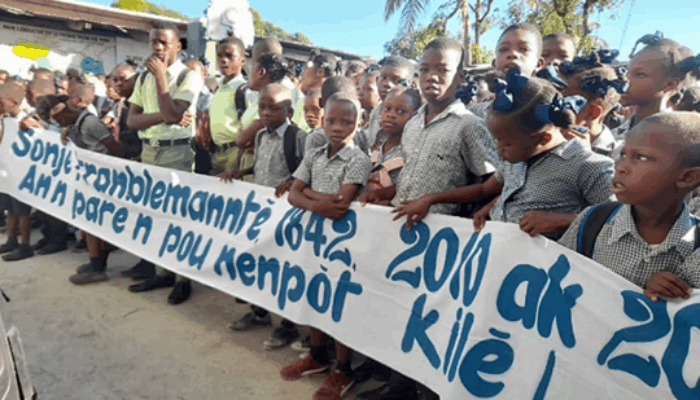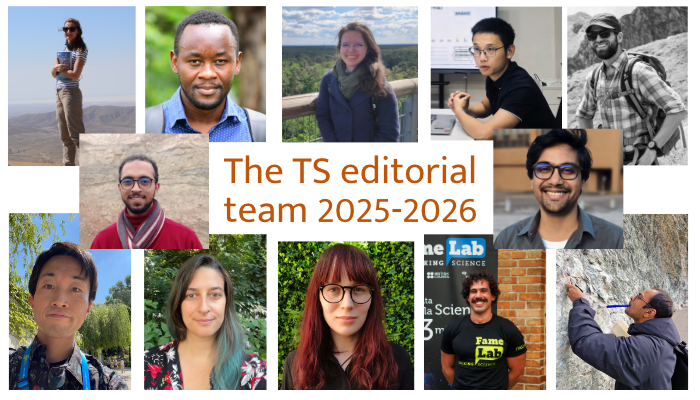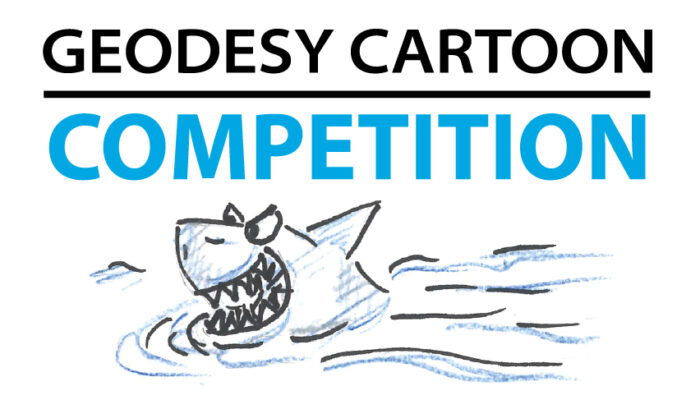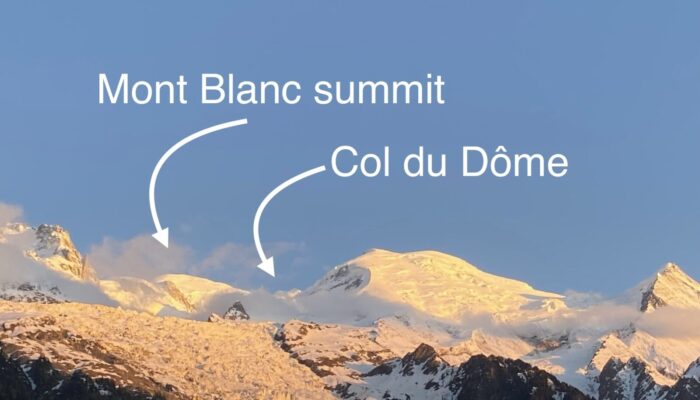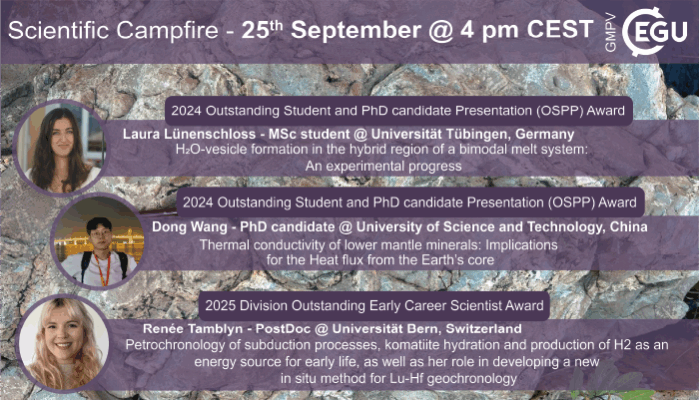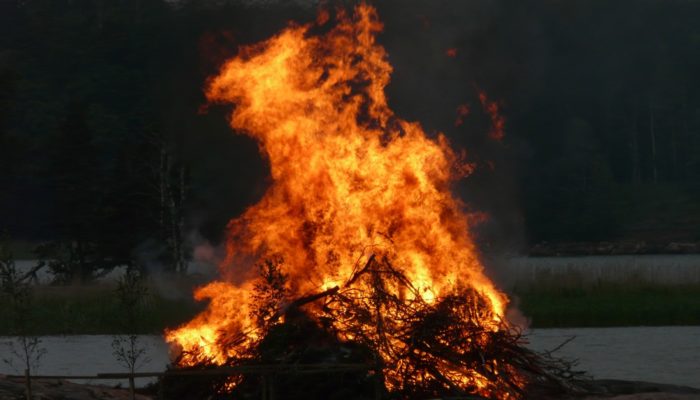The field of rock rheology may seem a bit ‘odd’ at first glance to those geoscientists who are vaguely familiarized with the topic of geodynamics. Often, rocks are considered massive and competent geomaterials that display a sudden (and sometimes violent) brittle failure (earthquake alert!). However, when considering the high temperatures and large timescale characteristics of most geo ...[Read More]
Natural Hazards
No Resilience Without Trust – An interview with Janise Rodgers and Mary Antonette Beroya-Eitner from GeoHazards International
This summer, we participated in a Service-Learning course titled “Breaking the Cycle of Disaster, Response, Recover, and Repeat”. The course was developed by Solmaz Mohadjer and offered as part of the Transdisciplinary Course Program at the University of Tübingen, Germany. We were brought together from different disciplines to explore key factors that contribute to effective disaster risk reductio ...[Read More]
Tectonics and Structural Geology
Introducing the blog team 2025-2026
For many of you September means back to school, for us September means the return of the blog. Behind the scene this summer, the bright new editorial team prepared fresh blog posts to share with the community. We are very excited to welcome the new editors, happy to start their blog adventure. The 2025-2026 team is a group of early career scientists editors from diverse backgrounds, continents and ...[Read More]
Geodesy
Geodesy Cartoon Competition – Turn Science into Smiles
Geodesy is the science of measuring the Earth’s shape, gravity field, and rotation. What if we could make it exciting, fun, and easy for everyone to understand? That’s exactly why the International Association of Geodesy (IAG) and its Global Geodetic Observing System (GGOS) launched the Geodesy Cartoons initiative: to bring geodesy closer to the public through visually engaging and humorous illust ...[Read More]
Biogeosciences
Microbial Adventures in the Mont Blanc Massif
As we passed the town of Saint-Gervais-Les-Bains on the French highway, en route to a sampling campaign, Mont Blanc’s glaciated terrain suddenly emerged above the spring foliage. Breaking the silent awe, Patrick remarked that indeed, “Mont Blanc is still there.” The humor won’t be lost on anyone familiar with the massif. Its unquestionable, human-minimizing presence colours the regions’ cultural a ...[Read More]
Nonlinear Processes in Geosciences
From Theory to Impacts: Nonlinear Perspectives on Weather Extremes at UNDERPIN#2
From 1–5 August 2025, the medieval hilltop town of Erice, Sicily, hosted the second UNDERPIN workshop, a meeting organised within the Nonlinear Processes in Geosciences community and dedicated to advancing the science of weather extremes. The event brought together a truly diverse group of researchers, spanning climate dynamics, attribution science, socio-economic impacts, statistical physics, and ...[Read More]
Geodynamics
Applying for a PhD in Geoscience: To do or not to do
Fresh out of your bachelor’s degree, or more commonly these days, your master’s degree, it can be tempting to pursue your PhD as quickly as possible. While there are compelling reasons to dive straight in, rushing into a PhD might not be your best choice. To be or not to be a researcher? Before you start firing off applications, take a step back. Forget any expectations you had ...[Read More]
Geochemistry, Mineralogy, Petrology & Volcanology
GMPV ECS Campfires – Meet the GMPV GA25 awardees!
The first edition of the Geochemistry, Mineralogy, Petrology and Volcanology Campfires of the 2025/2026 season is right at the door and will take place on Thursday September 25th at 4 pm CEST on Zoom. Our speakers for this edition are: Laura Lünenschloss – 2024 Outstanding Student and PhD candidate Presentation (OSPP) Award, Master student @ University of Tübingen, Germany on: “H2O-v ...[Read More]
Geodynamics
Phase transitions control plume layering during Earth’s secular cooling
Earth’s structure and dynamics have evolved quite a lot since its formation, and so has mantle dynamics and convection patterns changed along with it. It turns out that phase transition in certain mantle minerals can be an important driver of this change. Today, Ranpeng Li from GEOMAR Helmholtz Centre for Ocean Research Kiel, Germany explains how coupling geodynamic models with thermodynami ...[Read More]
Geodesy
EGU Campfire Geodesy – Share Your Research – 12th Edition
We are excited to announce the 12th edition of Geodesy Campfire – Share Your Research in November. The Geodesy EGU Campfire Events “Share Your Research” give (early career) researchers the chance to talk about their work. We have two exciting talks by our guest speakers, Amin Shakya and Vivek Yadav Kumar. Below, you can find the details of the topics awaiting us. We will have time to network after ...[Read More]


